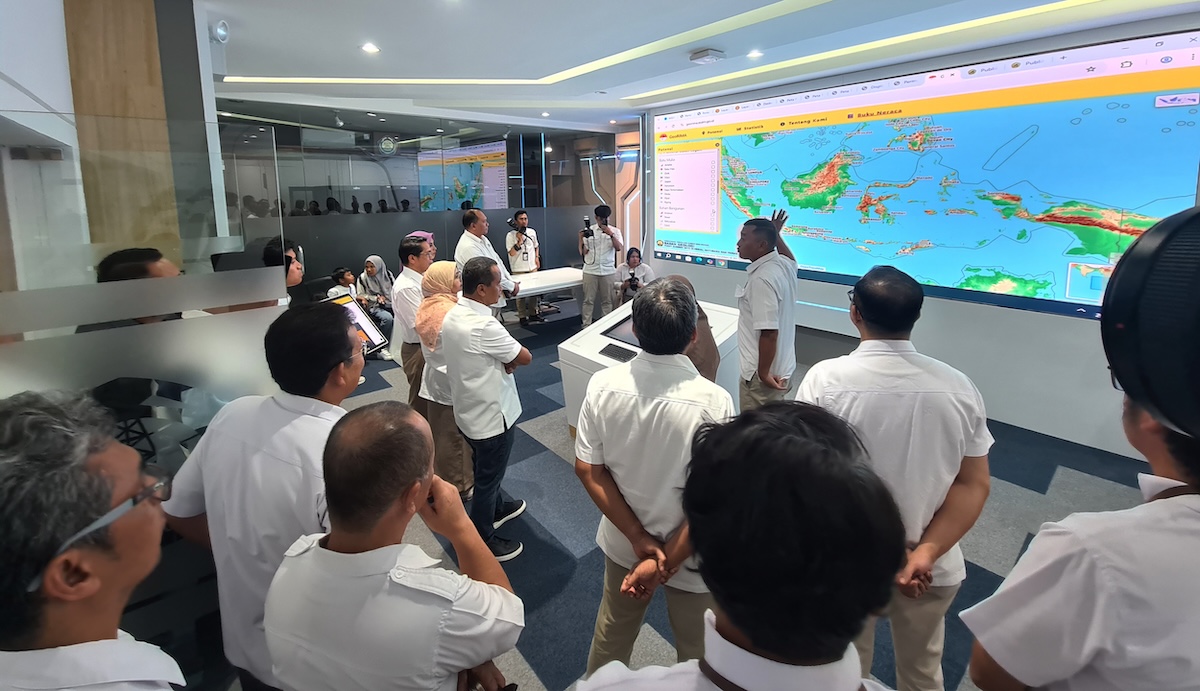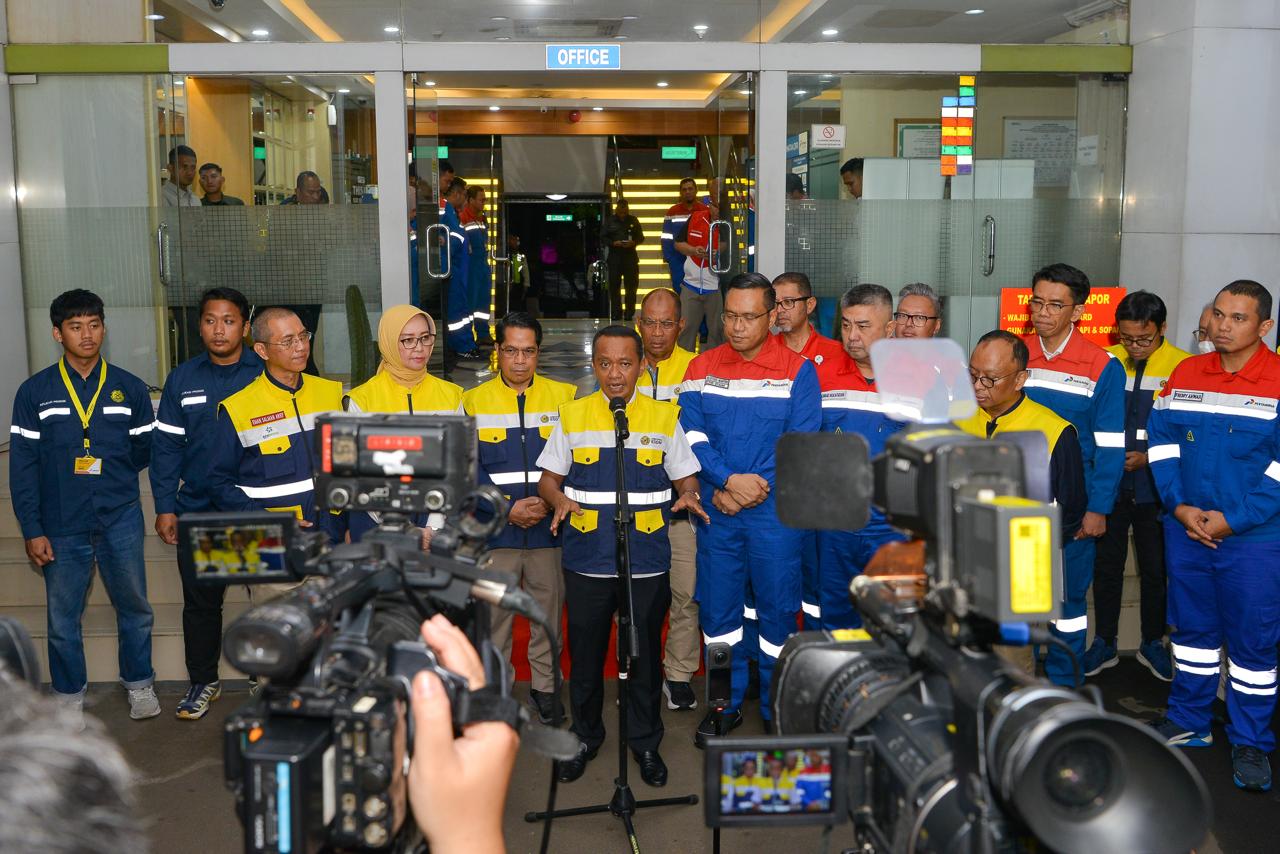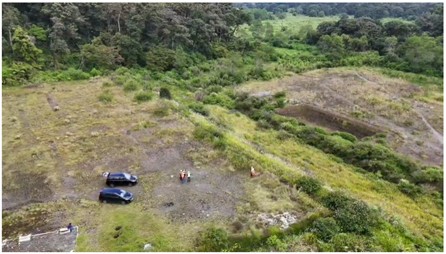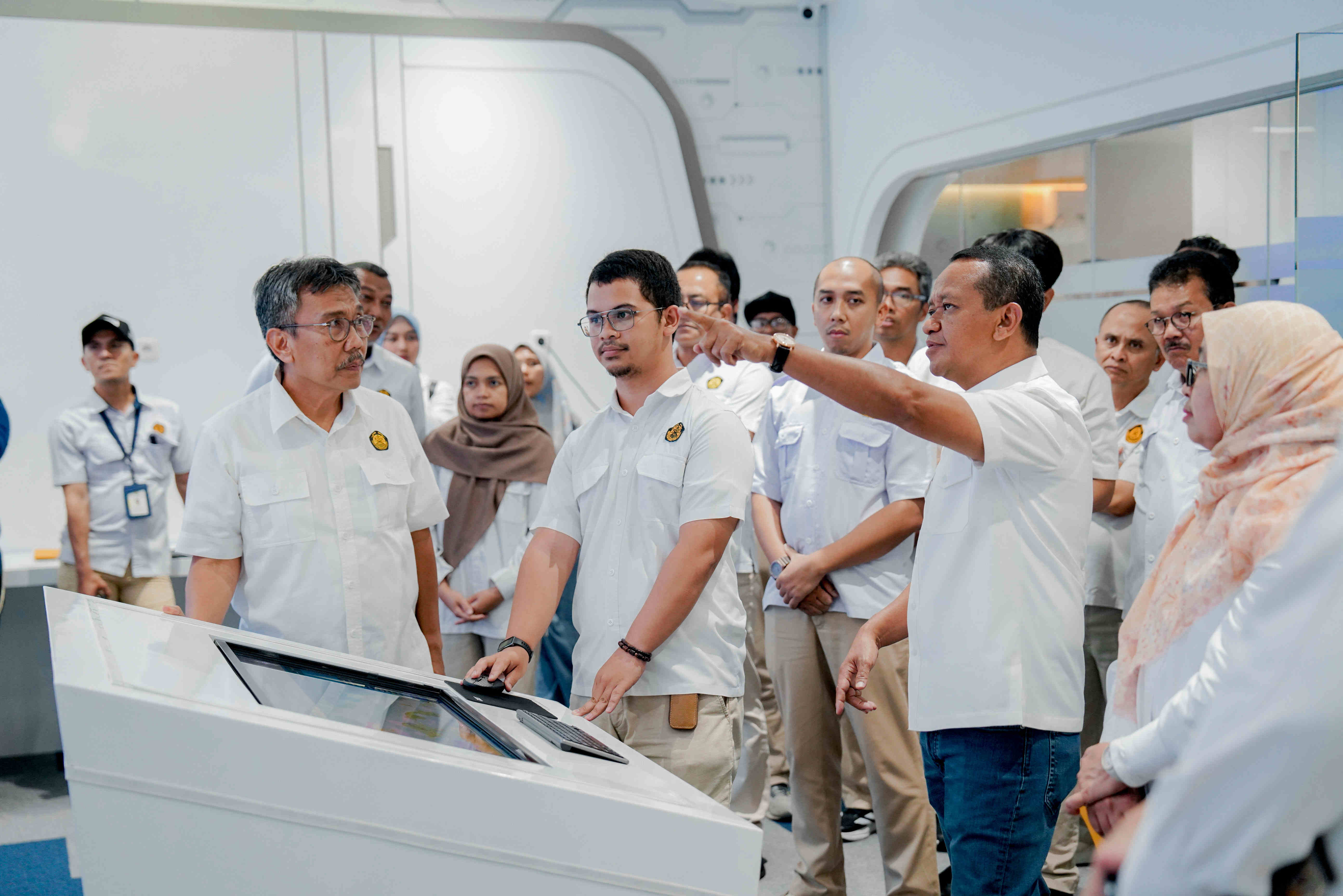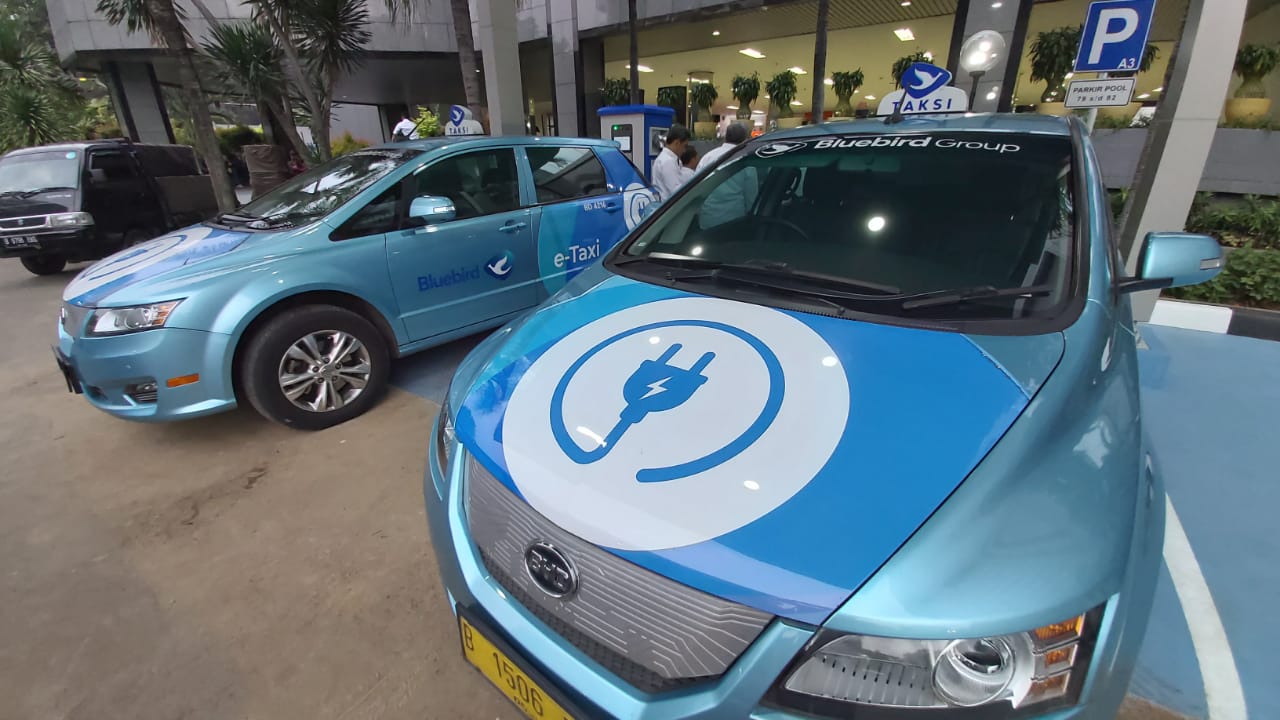
More Economical, Electric Vehicle Needs Rp150 per Kilometer Only
MINISTRY OF ENERGY AND MINERAL RESOURCES
PRESS RELEASE
NUMBER: 633.Pers/04/SJI/2019
Dated: 1st November 2019
More Economical, Electric Vehicle Needs Rp150 per Kilometer Only
Electric vehicles as mass transportation of the future have a number of advantages compared to conventional vehicles, because the former use energy more efficiently so they can reduce the high dependence on fossil-based fuels.
"The ultimate goal of Presidential Regulation Number 55 of 2019 in relation to electric vehicle is how to find a use for electric vehicles in the context of energy conservation," said Director of Energy Conservation, Hariyanto, at Chairul Saleh building, Secretariat General of Ministry of EMR when he opened the Energy Conservation Workshop and Exhibition, Thursday (31/10).
Hariyanto further asserts that the use of electric vehicles will increase the energy mix from a variety of New, Renewable Energy (NRE) sources, unlike conventional vehicles that depend on oil only.
Another advantage lies on cost. Hariyanto gives a rough illustration of different operation costs between electric vehicles and conventional vehicles.
For a 1-km distance, a conventional vehicle needs Rp600-Rp700, while an electric vehicle needs only Rp150-Rp200. "You can see right away there's a saving," added Hariyanto.
* 'New' Energy Conservation Regulation*
In addition to accelerating the use of electric vehicles, the Government also adopts a number of policies as a part of the energy conservation program. One of these policies is a revision of Government Regulation (GR) Number 70 of 2009 on Energy Conservation.
In the existing regulation, buildings which use energy more than 6,000 TOE (ton oil equivalent) or equivalent to 70 Giga Watt hour (GWh) per year must apply the energy management system. Later on, energy management must be applied to buildings that use energy more than 500 TOE.
This regulation is adopted because buildings that meet the requirement (>6.000 TOE) are only airport buildings. As a matter of fact, according to Hariyanto, numerous multi-story buildings in big cities should have adopted energy management.
"We don't mean to put a burden on you, Ladies and Gentlemen, in terms of building management, but instead we want to help you manage your buildings efficiently," asserts Hariyanto.
A new policy to be included in the regulation is the standard or labeling of energy efficiency for every electronic goods. "We hope that every electronic goods distributed in Indonesia is efficient and one that can help us save our costs," Hariyanto concluded. (IY)
Head of Bureau of Communication, Public Information Services, and Cooperation
Agung Pribadi (081122135)
Share This!

